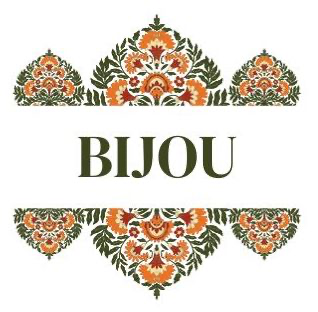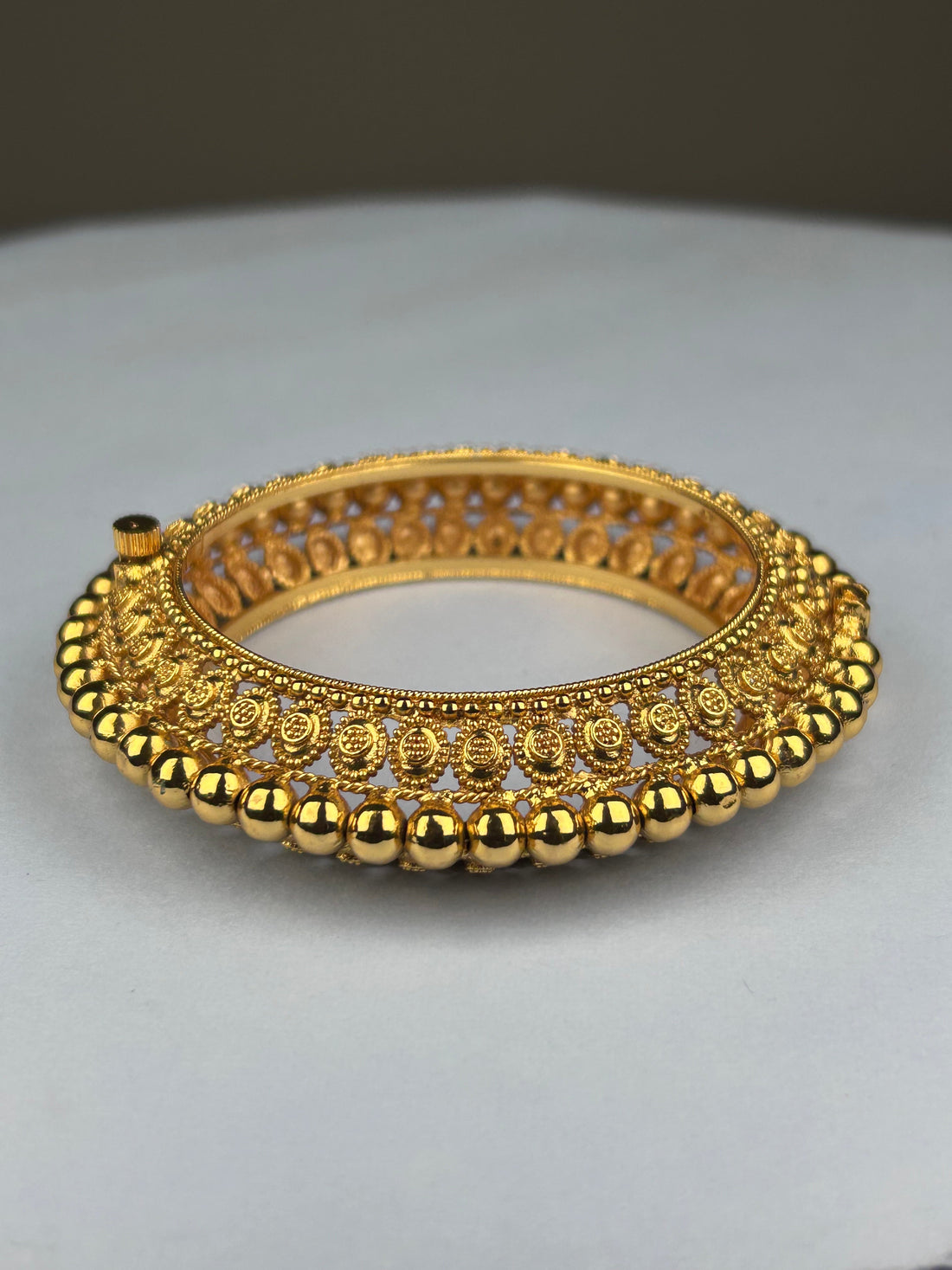Long before hashtags and outfit-of-the-day posts, India had jewellery. And not just as decoration—but as identity, tradition, and sometimes…power.
Here’s a breezy walk through time (with some fun facts you probably didn’t know):
🕰️ Harappa’s Hidden Bling (circa 2500 BCE)
Those bangles and beads you see in museums? Yep, our ancestors were already rocking handcrafted jewellery—made from shells, stones, and terracotta.
Fun fact: Archaeologists found entire bead-making workshops in ancient cities like Mohenjo-daro.
👑 The Royal Mughal Makeover
Fast forward to the Mughal era, and things got real fancy. Think kundan, meenakari, and uncut diamonds. Emperors wore jewels head to toe—and so did their queens.
Fact: Some of India’s most famous jewellery styles today (like jadau) were born in this era.
🛕Temple Traditions & South Indian Gold
In the South, temples weren’t just places of worship—they were style icons. Priests adorned deities with jewellery, which later inspired what we now call temple jewellery.
💃🏽 Jewellery, Then and Now
What once defined status and spirituality now defines personal style. From royal courts to your Instagram reels, jewellery has always kept up with the times.
And in 2025? It’s shining brighter than ever.
Ready to see what’s trending now?
Stay tuned for our next blog: Indian Ethnic Jewellery Trends in 2025 – What’s In, What’s Wow.

